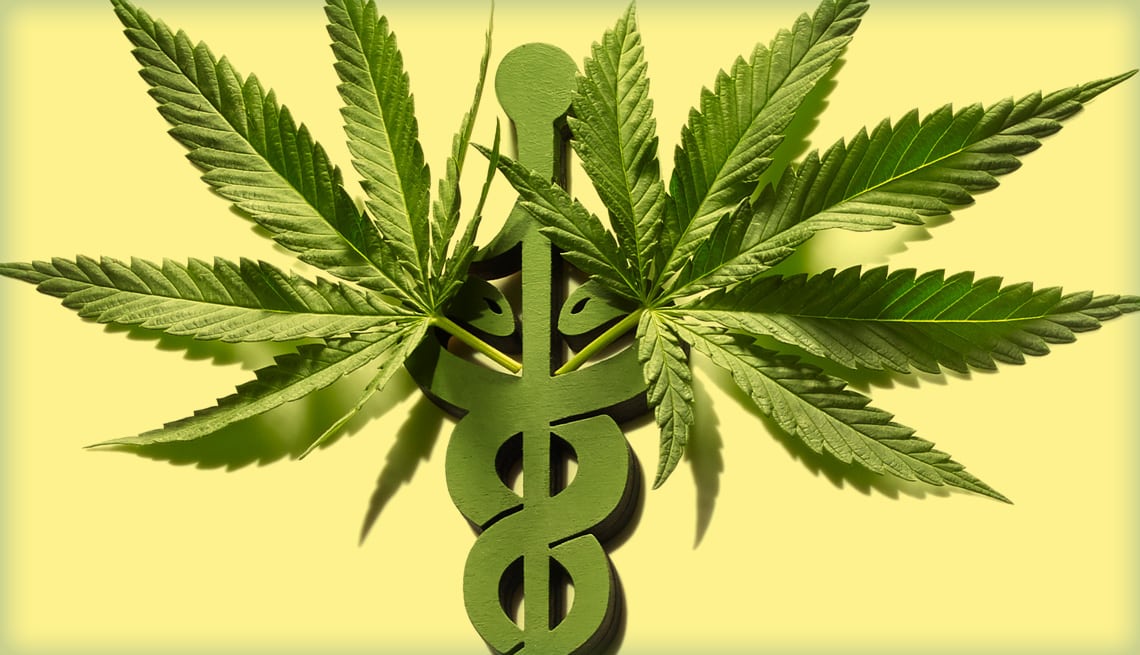Identifying Government SAP Evaluation Centers in Georgia
Navigating the landscape of Substance Abuse Professional (SAP) Evaluation Centers in Georgia can be a crucial step towards recovery and workplace reintegration. If you’re seeking guidance on identifying the most suitable government-affiliated centers, this ultimate guide is designed to empower you in making informed decisions. Discover the key factors and considerations that will lead you to the right Government Substance Abuse-SAP Evaluation Center tailored to your needs.
Understanding the Regulatory Landscape
The first step in identifying the right SAP Evaluation Center is understanding the regulatory landscape. Familiarize yourself with the requirements set forth by agencies such as the Department of Transportation (DOT) and the Substance Abuse and Mental Health Services Administration (SAMHSA). Government-affiliated centers operate in compliance with these regulations, ensuring standardized assessments and treatment plans.
Certification and Expertise
Look for centers with certified Substance Abuse Professionals (SAPs). Certification ensures that the professionals conducting assessments have the specialized expertise required for accurate and reliable evaluations. A center’s commitment to employing certified SAPs is indicative of their dedication to maintaining high standards in the assessment process.
Personalized Treatment Plans
The effectiveness of an SAP Evaluation Center lies in its ability to provide personalized treatment plans. As you identify potential centers, inquire about their approach to individualized assessments. A center that prioritizes understanding your unique circumstances and tailoring treatment recommendations accordingly is more likely to contribute to a successful recovery journey.
Collaboration with Employers
Consider the level of collaboration between the SAP Evaluation Center and employers. Transparent communication with employers is crucial for creating a supportive environment during treatment. Centers that actively engage with employers contribute to a smoother transition back into the workplace and foster an understanding atmosphere for individuals undergoing assessments.
Access to Resources
Evaluate the resources offered by each center. Beyond assessments, look for comprehensive resources such as counseling services, support groups, and educational materials. A center that provides access to a range of resources demonstrates a commitment to holistic care, supporting individuals in their recovery journey beyond the evaluation process.
Technological Integration for Efficiency
Modernized processes contribute to the efficiency of an SAP Evaluation Center. Inquire about the integration of technology for tasks such as scheduling, record-keeping, and communication. A center that leverages technology enhances operational efficiency, ensuring a smoother experience for individuals seeking evaluations.
Client Testimonials and Reviews
Explore client testimonials and reviews to gauge the experiences of others who have utilized the services of the SAP Evaluation Centers you’re considering. Positive testimonials and reviews are indicative of a center’s commitment to professionalism, care, and effective assessments. This firsthand feedback can be valuable in shaping your decision-making process.
Location and Accessibility
Consider the location and accessibility of the SAP Evaluation Centers. Opt for a center that is conveniently located and offers accessibility, ensuring that you can easily attend assessments and any additional sessions required for your recovery.
Conclusion
Your ultimate guide to identifying Government Substance Abuse-SAP Evaluation Centers in Georgia is rooted in understanding regulations, seeking certified expertise, prioritizing personalized treatment, evaluating collaboration with employers, accessing comprehensive resources, embracing technological efficiency, and considering location and accessibility. By prioritizing these factors, you empower yourself to make an informed decision that aligns with your unique needs and contributes to a successful recovery and reintegration process.
As you embark on this journey, remember that your choice of an SAP Evaluation Center is a pivotal step toward a drug-free workplace and a healthier life. This guide is designed to equip you with the knowledge and insights needed to identify the most suitable center for your individual circumstances.









